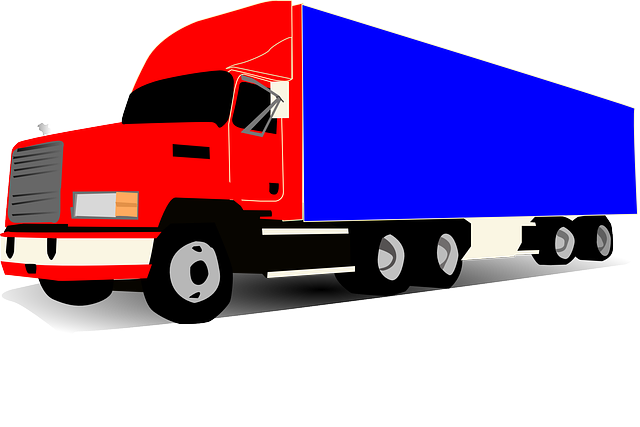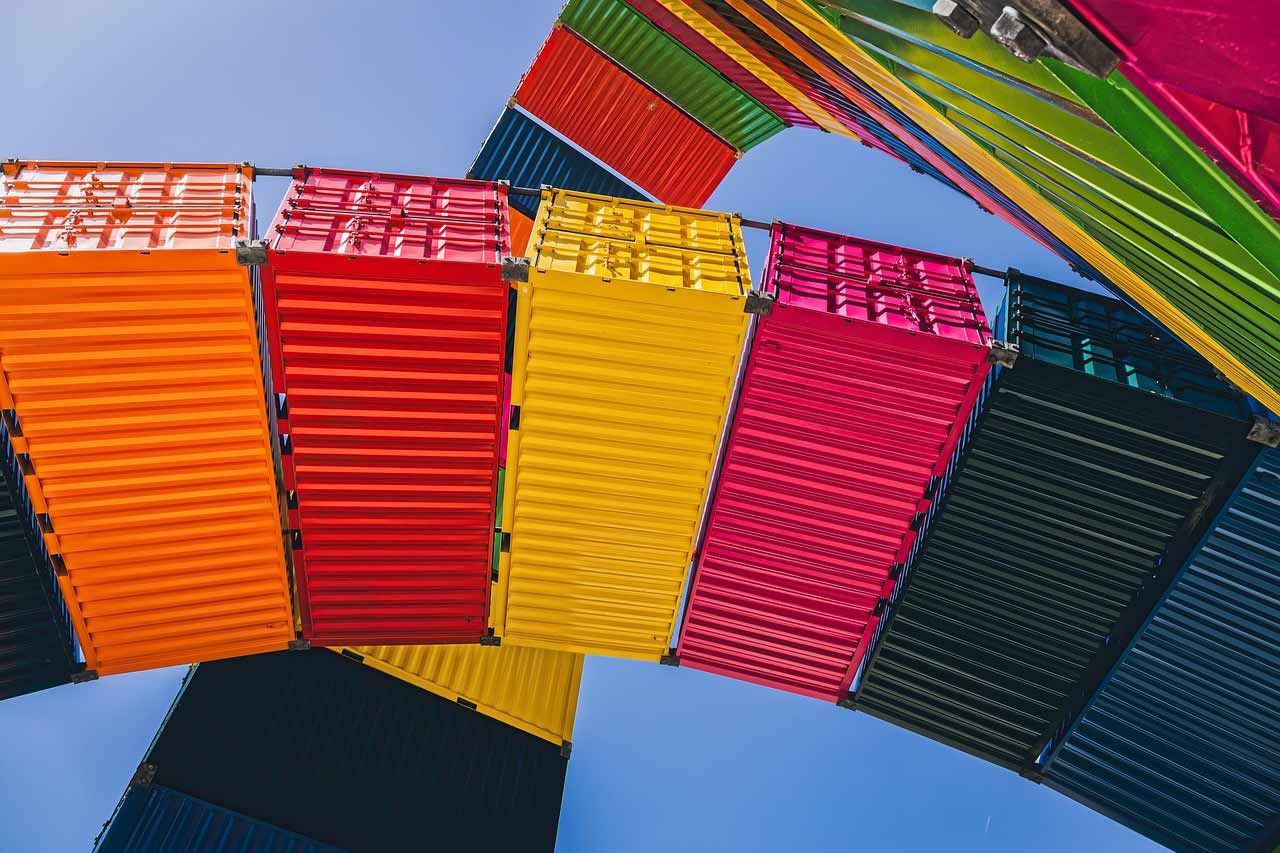Shipping with Dry Van Trailers: What is Dry Van Trucking?
What is Dry Van Trucking?
Dry van trucking is one of the most common and reliable methods of transporting goods over the road. It uses large, fully enclosed trailers to protect cargo from the elements. These trailers, known as dry vans, are non-refrigerated and typically carry a wide range of products like electronics, furniture, and other non-perishable items.
Dry vans don’t require special handling or additional operating costs, making them a cost-effective option for many types of freight. They provide peace of mind to shippers by shielding their inventory and cargo from weather, dust, and theft.

Shipping with Dry Van Trailers
Shipping with dry vans offers shippers flexibility. Whether it’s a short local route or a long-haul journey across states, dry vans are built for it all. Their enclosed structure keeps cargo secure and makes them ideal for transporting everything from household goods to bulkier items like machinery.
However, dry vans aren’t suitable for perishable goods needing refrigeration. Since they lack temperature control, they’re best used for items that can withstand ambient temperatures.

Popular Dry Van Trailer Sizes
48-Foot Trailers
A 48-foot trailer is another common option for dry van shipping, particularly useful for full truckload (FTL) freight that doesn’t require the full 53 feet of floor space. Measuring approximately 48’ x 8’6” x 8’6” (LxWxH), these trailers can handle slightly smaller but substantial loads and are popular for routes with weight and space restrictions. When routing an FTL load through TLI using a dry van trailer, please specify if you need the full 53 feet or if a 48-foot option will suffice.
FTL Trailer Doors:
Additionally, trailer door types vary: some trailers have roll-up doors, which are typically 96 inches in height, while others with barn or swing doors offer greater clearance, often up to 102-103 inches, as they open sideways. This information is crucial for loading taller cargo and ensuring smooth logistics planning.
53-Foot Trailers
The most common dry van size is the 53-foot trailer, easily recognizable on highways. With dimensions around 53’ x 8’6” x 8’6” (LxWxH), these trailers can carry up to 45,000 pounds and accommodate around 26 standard pallets. This size is ideal for large shipments, giving shippers maximum space and cargo security.
28-Foot “Pup” Trailers
Pup trailers are 28-foot trailers, frequently used for LTL (Less-than-Truckload) shipments. Their dimensions are approximately 28’ x 8’ x 9’ (LxWxH) and can hold up to 22,500 pounds. Though smaller, they’re incredibly versatile and can fit 14 standard pallets. Often, two pup trailers are linked together to haul larger loads in long-haul or line-haul services.
Straight Trucks (Box Trucks)
Straight trucks, or box trucks, are generally 24’ x 8’ x 8’6” (LxWxH) and are commonly used for urban deliveries. These smaller trucks often include a liftgate, making loading and unloading more efficient. They’re ideal for transporting lighter goods, like furniture, within a city and are highly flexible, especially for time-sensitive deliveries.
When to Use a Dry Van
Dry vans are a top choice for shippers with a wide range of products. They’re most commonly used for:
- Nonperishable Goods: Items like furniture, clothes, and electronics that don’t require climate control.
- Heavier Freight: Machinery, vehicle parts, and equipment that need to be protected from weather.
- Protected Cargo: Enclosed on all sides, dry vans shield cargo from the elements, ensuring goods reach their destination undamaged.
Benefits of Shipping with Dry Vans
One of the main reasons shippers choose dry vans is the level of protection. The fully enclosed design prevents rain, snow, and dust from coming into contact with the cargo. Additionally, dry vans can be locked, adding a level of security that deters theft. Their versatility and straightforward maintenance make dry vans affordable for shippers on a budget.
If your shipment requires temperature control or refrigeration, however, a refrigerated or temperature-controlled trailer would be better suited for your needs. Dry vans lack insulation and temperature regulation, making them unsuitable for perishables like food or flowers.
Considerations when Routing Freight Using this Equipment Type
While dry vans are highly versatile, certain precautions help avoid damage:
- Avoid Moisture: Since dry van floors are typically made from hardwood, excess moisture can damage them. Keep the doors closed when loading and unloading to prevent condensation from building up.
- Choose a Reliable Provider: Working with a dependable logistics provider ensures your cargo remains safe and minimizes unexpected costs. The right provider will also supply well-maintained trailers and help you avoid issues like floor damage from moisture.
Dry van trucking remains a popular choice for shippers due to its affordability, reliability, and versatility. Whether you’re transporting electronics, furniture, or machinery, dry vans offer essential protection and security, making them an efficient choice for diverse shipping needs.
TLI Insights
Get the latest logistics insights and tips from Translogistics’ award-winning team. Stay ahead in transportation planning.
Questions? Email us at marketing@tli.email



